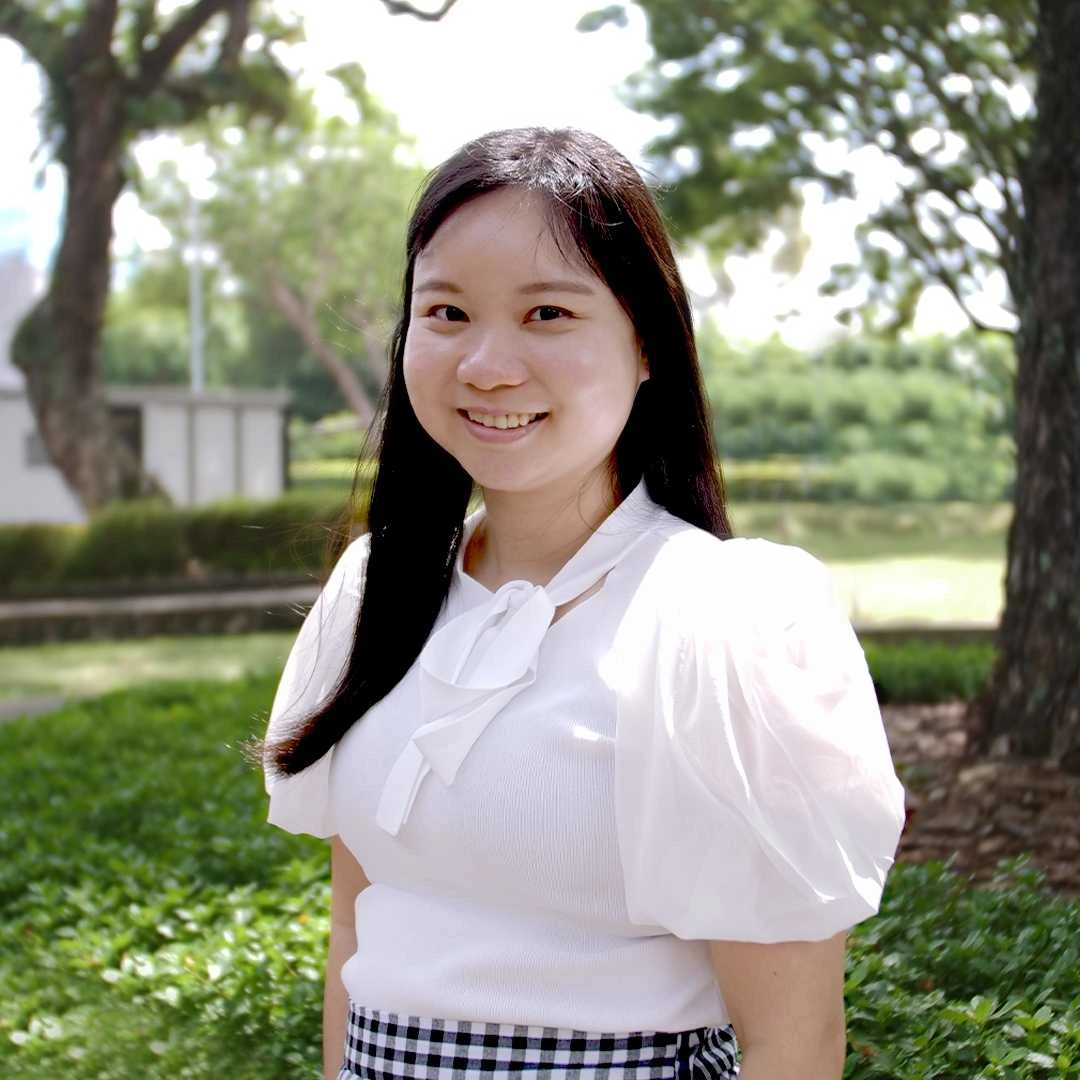Cognitive Function Assessment

Early Detection Matters - Understand, Monitor, and Take Action
Cognitive decline can be subtle, forgetfulness, confusion, difficulty concentrating, but when these changes start interfering with daily life, it could signal something more serious, such as mild cognitive impairment (MCI) or early dementia.
At Regis Medical, we offer cognitive function assessment to assess memory, attention, language, and thinking abilities. Early detection allows for timely medical support, care planning, and better outcomes for both the individual and their loved ones.
What Is a Cognitive Function Assessment?
A cognitive function assessment is a structured evaluation of brain-related abilities such as:
- Memory (short-term and long-term)
- Attention and focus
- Language skills
- Problem-solving
- Spatial and visual processing
- Orientation (time, place, person)
These tests help detect early signs of neurodegenerative conditions like Alzheimer’s Disease, vascular dementia, and other memory-related issues.
Who Should Consider Cognitive Function Assessment
You may benefit from a cognitive assessment if you or a loved one:
- Is aged 60 and above
- Has noticed changes in memory or behaviour
- Is forgetting appointments or names more often
- Finds it hard to follow conversations or instructions
- Has a family history of dementia or Alzheimer's
- Is managing chronic conditions like diabetes, hypertension, or stroke
- Needs a baseline cognitive assessment before starting certain medications
- Testing can also be useful as part of a general wellness or ageing assessment.
What to Expect During the Assessment
Our Doctors use clinically validated tools such as the:
- Mini-Mental State Examination (MMSE)
- Montreal Cognitive Assessment (MoCA) or MoCA XpressO
- Abbrieviated Mental test (AMT)
- Ascertain Dementia 8-item Questionnaire (AD8 or iAD8)
The assessment is:
- Non-invasive and paper-based
- Takes approximately 45-60 minutes
- Conducted in a private and supportive setting
- Followed by a discussion with our doctor about results and next steps
Please book your appointment in advance as the assessment may take up to an hour. The patient should be accompanied by his/her family members.
Benefits of Early Assessment
- Identify issues early before they progress
- Rule out reversible causes of memory loss (e.g. vitamin deficiency, thyroid issues)
- Get a baseline score for future comparison
- Access timely support and intervention
- Enable advance care planning for families
Cognitive Function Assessment
Cognitive Function Assessment
Dementia Related Tests
MRI Dementia Protocol
*Turnaround time 5-7 working days
Brain Health Screening Package
*Turnaround time 5-7 working days
Lasting Power of Attorney
LPA Certification
Whatsapp Us Make an Appointment
*Prices listed were last updated on 1 July 2023. Prices may be subject to change.
*Price does not include consultation fee and GST.
Talk to a Doctor Who Understands
Cognitive health is complex, but you're not alone. Our experienced GPs are here to help assess, support, and guide your next steps with empathy and clarity.

Finding Us
Holland Village
255 Holland Ave, Singapore 278983
Near MRT Exit B
Mon, Tues, Thurs, Fri:
8.30am - 2.30pm
5.30pm - 10.00pm
Wed:
8.30am - 2.30pm
Sat:
9.00am - 3.00pm
Closed on Sundays and Public Holidays. For the latest updates on our clinic’s opening hours, please check our Google Maps.
** GP registration ends 15 mins before the closing time above, while Physiotherapy & Acupuncture end registration 45 mins before. Please book an appointment in advance to avoid queues and disappointment.
Katong
437 Joo Chiat Road, Singapore 427650
Near Marine Parade MRT
Mon, Tues, Thurs, Fri:
8.30am - 2.30pm
5.30pm - 10.00pm
Wed:
8.30am - 2.30pm
Sat:
9.00am - 3.00pm
Closed on Sundays and Public Holidays. For the latest updates on our clinic’s opening hours, please check our Google Maps.
** GP registration ends 15 mins before the closing time above, while Physiotherapy & Acupuncture end registration 45 mins before. Please book an appointment in advance to avoid queues and disappointment.
FAQ
Accessibility & Support
Regis Medical Holland Village is located at 255 Holland Avenue, Singapore 278983
Regis Medical Katong is located at 437 Joo Chiat Road, Singapore 427650
Click here to view our opening hoursAppointment
To book an appointment at Regis Medical Holland Village, please call or whatsapp us 8118 5298
To book an appointment at Regis Medical Katong, please call or whatsapp us 9851 3728
You can only cancel or change your appointments up to 24 hours before your appointment. You will receive your refund within 3 working days. No refund will be issued for no shows and cancellations within 24 hours before your appointment. However, if you are feeling unwell on the day of the appointment, we allow patients who have their acute illness seen at Regis Medical to reschedule their appointment without extra cost.
This policy is subject to change.
Yes. You can reschedule your appointments. However, you need to reschedule your appointment at least 24 hours before your actual appointment time. If you are unwell on the day of the appointment, we will reschedule your appointment at no extra cost if you seek medical attention at our clinic (for non-emergencies only).
Finance
General
- Increasing forgetfulness or frequently misplacing items
- Trouble finding words or following conversations
- Repeating questions or losing track of time
- Changes in mood, behaviour, or decision-making
- Difficulty with everyday tasks such as cooking or managing finances
- Mild Cognitive Impairment (MCI)
- Dementia (including Alzheimer’s disease)
- Delirium
- Depression-related cognitive changes
- Effects of stroke, head injury, or long-term medication use
- Bring reading glasses or hearing aids, if you use them
- Bring a list of your current medications
- A family member or caregiver may be invited to provide input
- Explain the results
- Discuss if further testing is needed (e.g. blood tests, imaging, referral to a neurologist or psychiatrist)
- Provide supportive care options if mild impairment is found
- Recommend preventive or cognitive wellness strategies if the results are normal
- Schedule a follow-up assessment in 6–12 months
- Refer you to a memory clinic or specialist
- Discuss early intervention strategies such as mental stimulation, exercise, diet, and managing chronic illnesses
- More treatment options and better care planning
- Support for mental and emotional wellbeing
- Time to organise finances and legal matters
- Access to support groups and community resources